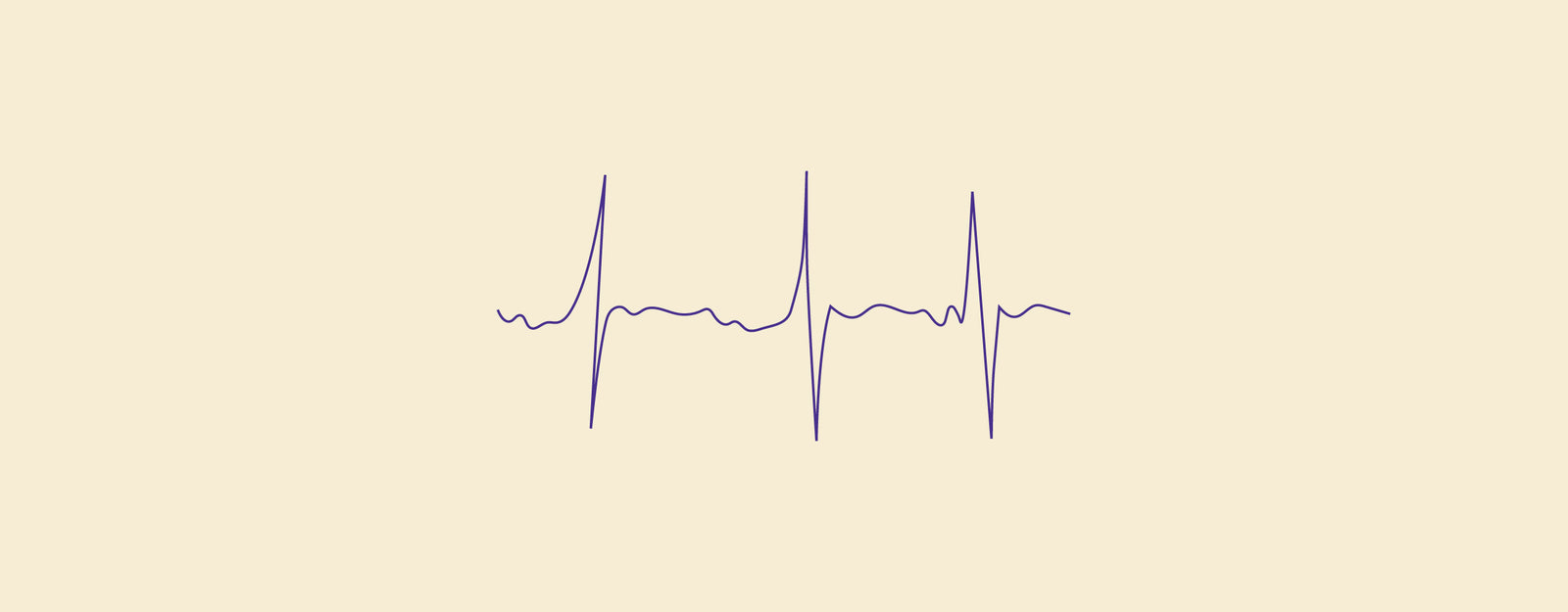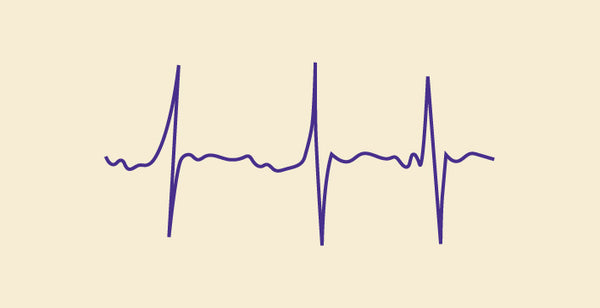Difference between Cardiomyopathy and Heart Failure: Cardiomyopathy and heart failure are closely related conditions that impact the heart, but they represent distinct medical issues with their own specific causes, symptoms, and treatment protocols. Understanding the nuances between the two is crucial for diagnosis and management, affecting patient care and outcomes.
Differences Between Cardiomyopathy and Heart Failure
Here is an detailed overview on differences between cardiomyopathy and heart failure in table format.
|
Feature |
Cardiomyopathy |
Heart Failure |
|
Definition |
Cardiomyopathy encompasses a range of conditions that directly affect the heart muscle. |
A syndrome resulting from the impairment of the heart's ability to pump blood effectively. |
|
Causes |
Genetic factors, long-term high blood pressure, heart valve issues, excessive alcohol use, etc. |
Cardiomyopathy, hypertension, coronary artery disease, heart valve disorders, etc |
|
Symptoms |
Breathlessness, swelling in the legs, fatigue, palpitations. |
Shortness of breath, swelling in the legs and abdomen, persistent cough or wheezing. |
|
Treatment |
Medications, lifestyle changes, possibly devices or surgery depending on severity |
Lifestyle modifications, medications, possibly devices, surgery, and in advanced cases, heart transplantation. |
What is Cardiomyopathy?
Cardiomyopathy is a condition where the heart muscle becomes weakened, enlarged, or structurally abnormal, which impairs the heart's ability to pump blood effectively. This disease can manifest in several forms, including dilated, hypertrophic, and restrictive cardiomyopathy, each with distinct characteristics and implications for heart function. Symptoms of cardiomyopathy can vary widely, ranging from none at all to severe manifestations such as shortness of breath, chest pain, fatigue, and swelling in various parts of the body. These symptoms may worsen over time without appropriate treatment.
The cause of cardiomyopathy is often linked to genetic factors, but it can also result from other health issues or environmental factors such as extreme stress or complications during pregnancy. Some people with the disease may experience progressive worsening of their condition, potentially leading to life-threatening heart complications like cardiac arrest or necessitating interventions like heart transplants. Treatment typically involves medications, surgical interventions, or devices to support heart function, depending on the severity and type of cardiomyopathy. Early diagnosis and management are crucial to improve outcomes and prevent the progression of the disease.
Key Features of Cardiomyopathy:
- Structural changes in the heart muscle.
- Potential for genetic predisposition.
- May lead to restrictive, dilated, or hypertrophic forms of heart disease.
What is Heart Failure?
Heart failure is a chronic condition where the heart is unable to pump blood efficiently enough to meet the body's demands for oxygen and nutrients. This inefficiency leads to symptoms like fatigue, difficulty breathing, and swelling in the legs, ankles, and feet. Initially, the heart tries to compensate by enlarging, increasing muscle mass, and pumping faster. However, these adaptations are only temporary solutions and can ultimately worsen the condition as the heart becomes overstressed.
The underlying causes of heart failure often include conditions that damage or overwork the heart, such as coronary artery disease and high blood pressure. Although these adaptations might delay the symptoms, heart failure typically progresses over time. Treatment focuses on managing symptoms through medications, lifestyle changes like diet and exercise, and in severe cases, may require interventions like heart transplants or specialized devices to assist heart function. Despite these measures, heart failure is a serious condition that can significantly impact quality of life and can be life-threatening.
Key Features of Heart Failure?
- Reduced exercise tolerance.
- Fluid retention causing swelling and congestion.
- Needs careful management of fluid intake and medications.
Similarities Between Cardiomyopathy and Heart Failure:
Both cardiomyopathy and heart failure may present with similar symptoms such as breathlessness, fatigue, and swelling. They are interconnected conditions where cardiomyopathy often leads to heart failure due to the heart's reduced pumping efficiency.
| Check out More Articles | |
| Difference Between Cartilage And Bone | |
| Difference Between Endocrine And Exocrine Glands | |
| Difference Between Cell Wall And Cell Membrane | |















